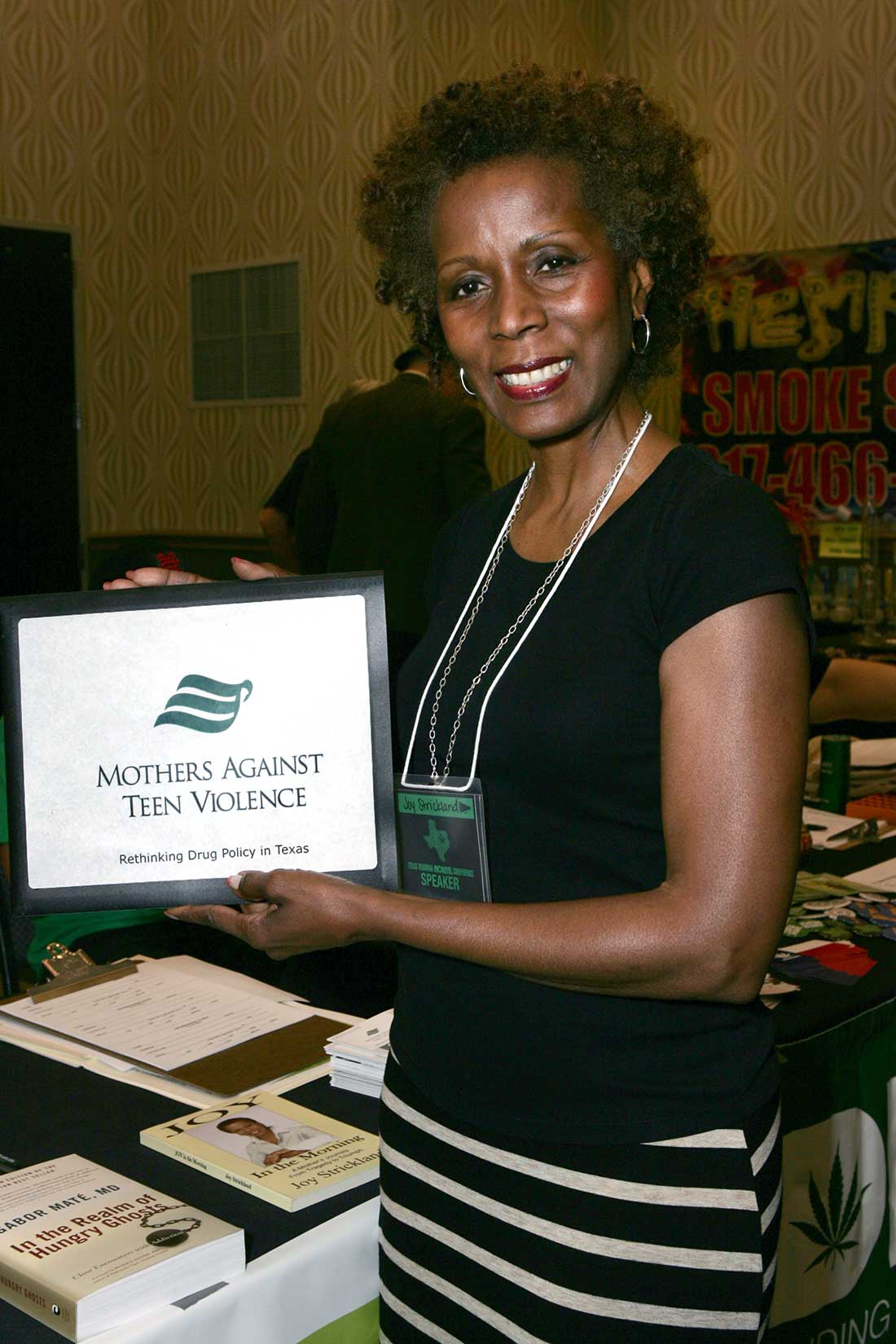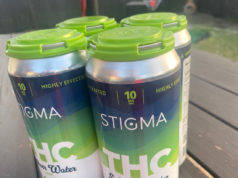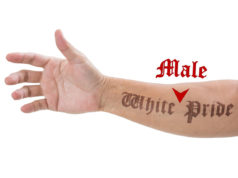The leaders of DFW NORML, a group that works for reform of marijuana laws, are used to being stereotyped. Some folks figured that their recent conference, for instance, would be filled with Cheech and Chong types. Others might have expected the founder of a group called Mothers Against Teen Violence to crusade for stronger drug laws.
They’d have been wrong on both counts.
True, the meeting at the Norris Conference Center in downtown Fort Worth over the weekend did include a lecture on growing marijuana and a couple of booths selling glass “tobacco” pipes. But mostly the event featured political activists and community leaders.
Shaun McAlister, executive director of DFW NORML and host of the conference, said that he assembled the speakers with the express purpose of emphasizing the respectability of the group and its cause.
“We wanted people to see that this was not just a bunch of stoners wanting to legalize marijuana,” he said. “What we really wanted from this conference was to empower local activists and to give them information they could take back to their community.”
One of the best purveyors of that message, he said, was Joy Strickland, founder of Mothers Against Teen Violence. Her 19-year-old son Chris and his friend were kidnapped and murdered 20 years ago by teenage drug abusers and gang members. America’s four-decades-old war on drugs, far from helping prevent such crimes, she told a crowd of about 100, “actually contributes to crime and violence.”
She acknowledged that she is an unlikely champion for reforming drug laws. “I think it’s fair to say I didn’t choose this work — this work chose me,” she said.
Strickland said her organization began to focus on drug policy and the failed war on drugs in 2008 after she heard a radio interview with Jim Gray, the 2012 Libertarian Party vice presidential candidate and retired superior court judge from California. His views on how the U.S. drug policy feeds prisons and does little to address the root causes of addiction struck a chord.
“Although my son was killed in a random crime by two teenagers who used hard drugs and were involved in gang activity, I had never [before] connected the dots between the drug war and gang activity, mass incarceration, the high dropout rates among students of color, [and] a long list of other intractable social ills,” she said.
Now her organization regularly reaches out to the community and the Texas Legislature to try to “wrestle drug policy from the clutches of the criminal justice system and place it in the public health arena where it rightfully belongs,” she said.
Her organization has three main goals: advocating for a national drug policy based on science, equity, and compassion; getting healthcare for people who suffer from addiction; and encouraging lawmakers to end the practice of arresting and incarcerating nonviolent drug users.
Mothers Against Teen Violence offers monthly drug-policy discussion groups in Dallas and Arlington. The Arlington group meets the second Tuesday of each month at the University of Texas at Arlington. Topics include movies, articles, and legislative efforts on drug policy.
Last year MATV hosted the first-ever Texas Conference on Drug Policy. Members lobby each legislative session for changes in drug laws.
One of MATV’s goals is to draw attention to a little-known Texas law passed in 2007 that allows local law enforcement agencies to issue tickets to people who are caught with small amounts of marijuana rather than taking them to jail. Travis County is the only county in the state that opted into the program.
“This is a huge issue that deserves and will continue to receive our focus,” she said. “Although nonviolent drug possession poses little threat to public safety, this category of offenders accounted for nearly 90 percent of all drug-related arrests in Texas in 2010.”
According to the Texas Department of Public Safety, there were nearly 126,000 arrests for simple possession of a controlled substance in Texas that year. More than 76,000 of those arrests were for marijuana possession. By Strickland’s estimates, the arrests cost Texas taxpayers nearly $126 million annually.
Meanwhile, she said, far more violent crimes such as murder and rape are left unsolved because local, state, and federal agencies dedicate so many resources to catching and dealing with nonviolent drug users.
“Not only could we save millions,” she said, “we could also reduce the tremendous human costs to individuals and stop destroying young lives by saddling them with an arrest record for life.”
Strickland and her group were able to get two bills introduced during the most recent legislative session, though neither passed. A syringe exchange bill (HB 3238), would have allowed counties to set up nonprofit groups to provide free sterile syringes to drug users in exchange for used ones. Texas is the only state in the U.S. where syringe exchanges are illegal. The bill made it out of committee but was defeated on the House floor.
The Good Samaritan Bill (HB 1743) would have protected from prosecution those people who call emergency services to get help for someone who has overdosed. The measure is similar to a Texas Alcoholic Beverage Commission policy that gives teens a pass on minor liquor violations if they are reporting serious crimes or getting medical help for themselves or others. The bill was unanimously approved by the House Criminal Jurisprudence Committee but never made it to the House floor.
Strickland plans on pushing for both bills again in 2015.
McAlister said MATV’s drug policy conference got him to thinking.
“That was the inspiration for our organization stepping up to the point where we could hold our own conference,” he said.
When he was lining up speakers, he said, Strickland’s name was one of the first that came to mind, because she is an example of a person who was moved to act.
“She went from being a mother with a horrific story to [being] a local activist,” he said. “And she’s inspired a lot of people.”













great piece Eric.